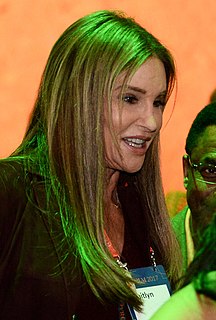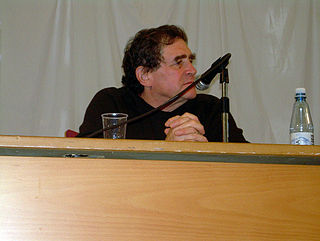A Quote by Ben Dolnick
If you were placing bets on which author would write the tenderest, most moving book about fatherhood, Philip Roth would probably come in at the bottom of the list.
Related Quotes
Roth Unbound is filled with intelligent readings and smart judgments. Because of the author's sympathy and sharp mind, it offers real insight into the creative process itself, and into Philip Roth's high calling as a great American artist. The book is, in some ways, a radical rereading of Roth's life and his work. It is impossible, by the end, not to feel a tender admiration for Roth as a novelist and indeed for Claudia Roth Pierpont as an empathetic and brilliant critic.
If I get too old to write, or short-term memory loss - that was the one Philip Roth was worried about - if I got to that point, that would be terrible, because everything about my life has been streaming toward writing and having something to say. That would make me feel as though I were in an iron maiden of some kind.
There are just four kinds of bets. There are good bets, bad bets, bets that you win, and bets that you lose. Winning a bad bet can be the most dangerous outcome of all, because a success of that kind can encourage you to take more bad bets in the future, when the odds will be running against you. You can also lose a good bet no matter how sound the underlying proposition, but if you keep placing good bets, over time, the law of averages will be working for you.
At one point I would read nothing that was not by the great American Jews - Saul Bellow, Philip Roth - which had a disastrous effect of making me think I needed to write the next great Jewish American novel. As a ginger-haired child in the West of Ireland, that didn't work out very well, as you can imagine.
I think if I were reading to a grandchild, I might read Tolstoy's War and Peace. They would learn about Russia, they would learn about history, they would learn about human nature. They would learn about, "Can the individual make a difference or is it great forces?" Tolstoy is always battling with those large issues. Mostly, a whole world would come alive for them through that book.
In the sort of screen dappled with different states of mind which my consciousness would simultaneously unfold while I read, and which ranged from the aspirations hidden deepest within me to the completely exterior vision of the horizon which I had, at the bottom of the garden, before my eyes, what was first in me, innermost, the constantly moving handle that controlled the rest, was my belief in the philosophical richness and beauty of the book I was reading, and my desire to appropriate them for myself, whatever that book might be.






































